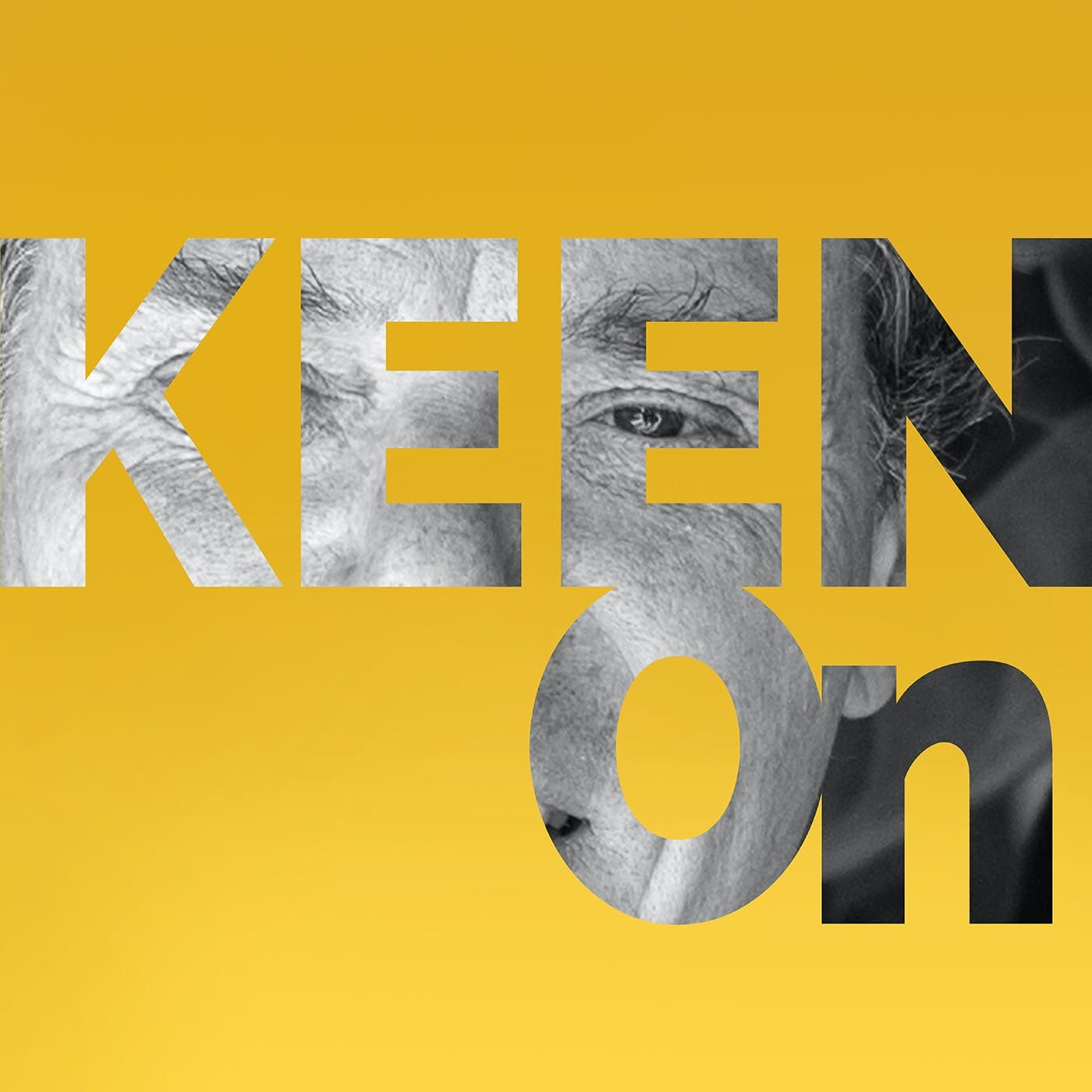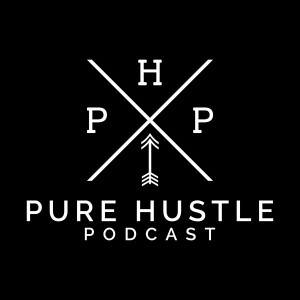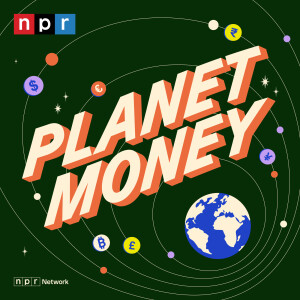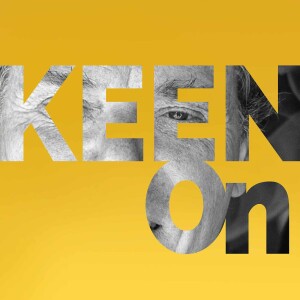
I’m just back from five glorious days in Syracuse, the ancient Mediterranean city in the south western corner of Sicily. And to extend my trip, at least virtually, I spoke to the young Irish novelist, Ferdia Lennon, author of the very unusual and much acclaimed Glorious Exploits, a tragicomic novel set in the Syracuse of the Peloponnesian War. We talked the Syracuse of antiquity, of course, but also Lennon discussed the long process of writing Glorious Exploits and gave valuable advice to other first-time novelists working on stories that incorporate their own unique interests, sensibilities and eccentricities.
FERDIA LENNON was born in Dublin to an Irish mother and a Libyan father. He holds a BA in History and Classics from University College Dublin and an MA in Prose Fiction from the University of East Anglia. His short stories have appeared in publications such as the Irish Times and the Stinging Fly. In 2019 and 2021, he received Literature Bursary Awards from the Arts Council of Ireland. After spending many years in Paris, he now lives in Norwich with his wife and son. Glorious Exploits is his debut novel.
Named as one of the "100 most connected men" by GQ magazine, Andrew Keen is amongst the world's best known broadcasters and commentators. In addition to presenting KEEN ON, he is the host of the long-running How To Fix Democracy show. He is also the author of four prescient books about digital technology: CULT OF THE AMATEUR, DIGITAL VERTIGO, THE INTERNET IS NOT THE ANSWER and HOW TO FIX THE FUTURE. Andrew lives in San Francisco, is married to Cassandra Knight, Google's VP of Litigation & Discovery, and has two grown children.
Keen On is a reader-supported publication. To receive new posts and support my work, consider becoming a free or paid subscriber.
This is a public episode. If you’d like to discuss this with other subscribers or get access to bonus episodes, visit keenon.substack.com/subscribe
More Episodes
A Theory of Everyone (but not Everything): Michael Muthukrishna on how human-beings are a new kind of animal and why we need to transform the world into the most efficient laboratory possible
 2023-10-30
2023-10-30
Why Americans have the constitutional right to sometimes lie: Jeff Kosseff protects free speech in our digital age of misinformation
 2023-10-29
2023-10-29
Eight literary tricks and treats to scare you this Halloween: Bethanne Patrick on "app-aritions", cultural ghosts and unfamiliarly familiar haunted houses
 2023-10-28
2023-10-28
Why our cyborg AI future may already have arrived in the trained-on-jargon "person" of Sam Bankman-Fried: Hito Steyerl on pyramid schemes, on-boarding tools and the "mean" creativity of our AI age
 2023-10-28
2023-10-28
Is the venture capital industry a big ponzi scheme? Keith Teare separates the hyperbole from the hysteria of VC techno-optimism
 2023-10-27
2023-10-27
The American Shakespeare or trash of the veriest sort? Peter Slen on Mark Twain's ADVENTURES OF HUCKLEBERRY FINN, the adventurous story of a young man and young nation on a great and not-so-great adventure
 2023-10-27
2023-10-27
A Graphic Diary of the War in Ukraine: Nora Krug on the contrasting realities of a Ukrainian journalist and a Russian artist in the first year of Russian invasion
 2023-10-26
2023-10-26
The Dismal Science investigates that most dismal of things - economic inequality: Branko Milanovic on visions of inequality from the French Revolution to the end of the Cold War
 2023-10-26
2023-10-26
That Sinking Feeling of Falling Out of the Middle Class: Ray Suarez on his fear of being poor in the America of the inegalitarian Twenties
 2023-10-26
2023-10-26
Celebrating a transcendental photography of nature that blurs art and science: Photographer Anand Varma on his lifelong wonder with the natural world
 2023-10-25
2023-10-25
How to stand up to the apocalypse: Peter Sarris on Justinian, the 6th century Byzantine ruler who confounded a narrative of decline
 2023-10-25
2023-10-25
The Fruit of the Gods or of the Devil? Alexander Sammon on the sordid history of the avocado, the thirstiest fruit on the planet
 2023-10-25
2023-10-25
Why Nineteen Eighty-Four wasn't really like Nineteen-Eighty Four: Sandra Newman on Julia, Winston Smith and the totalitarianism of gender that George Orwell ignored in his masculine dystopia
 2023-10-24
2023-10-24
How to Reawaken the American Dream: David Leonhardt on unions, constitutional reform, immigration and the need for a progressive populism
 2023-10-24
2023-10-24
Why Generative AI could make artists extinct: Karla Ortiz warns about the existential "theft" at the heart of the AI revolution
 2023-10-24
2023-10-24
Memoirs of a cranky old New York Gen X'er: Christian Lorentzen on the half-life of a literary critic in our digital age of cultural decay and disinformation
 2023-10-23
2023-10-23
What makes humans so special? John Parrington on how human brains, unlike those of all other species, can turn matter into meaning
 2023-10-23
2023-10-23
What the data tells us about the cancellation of the American mind: Greg Lukianoff on why today's cancel culture is as much of a threat to free speech as the McCarthyite Red Scare of the 1950s
 2023-10-23
2023-10-23
Why an elite establishment economist is calling bullsh*t on the promise of the American dream: Jeff Fuhrer reveals the existential crisis of economic inequality now threatening the United States
 2023-10-22
2023-10-22
Why Poland is still in therapy over its "complex" World War II history: Roger Moorhouse on the forgotten story of a Polish diplomatic rescue operation to save the lives of Polish Jews
 2023-10-22
2023-10-22
Create your
podcast in
minutes
- Full-featured podcast site
- Unlimited storage and bandwidth
- Comprehensive podcast stats
- Distribute to Apple Podcasts, Spotify, and more
- Make money with your podcast
It is Free
You may also like

The Business Of

The Everyday Millionaire


Pure Hustle Podcast


Making Bank


The Ramsey Show


Planet Money


- Privacy Policy
- Cookie Policy
- Terms of Use
- Consent Preferences
- Copyright © 2015-2024 Podbean.com



 iOS
iOS Android
Android